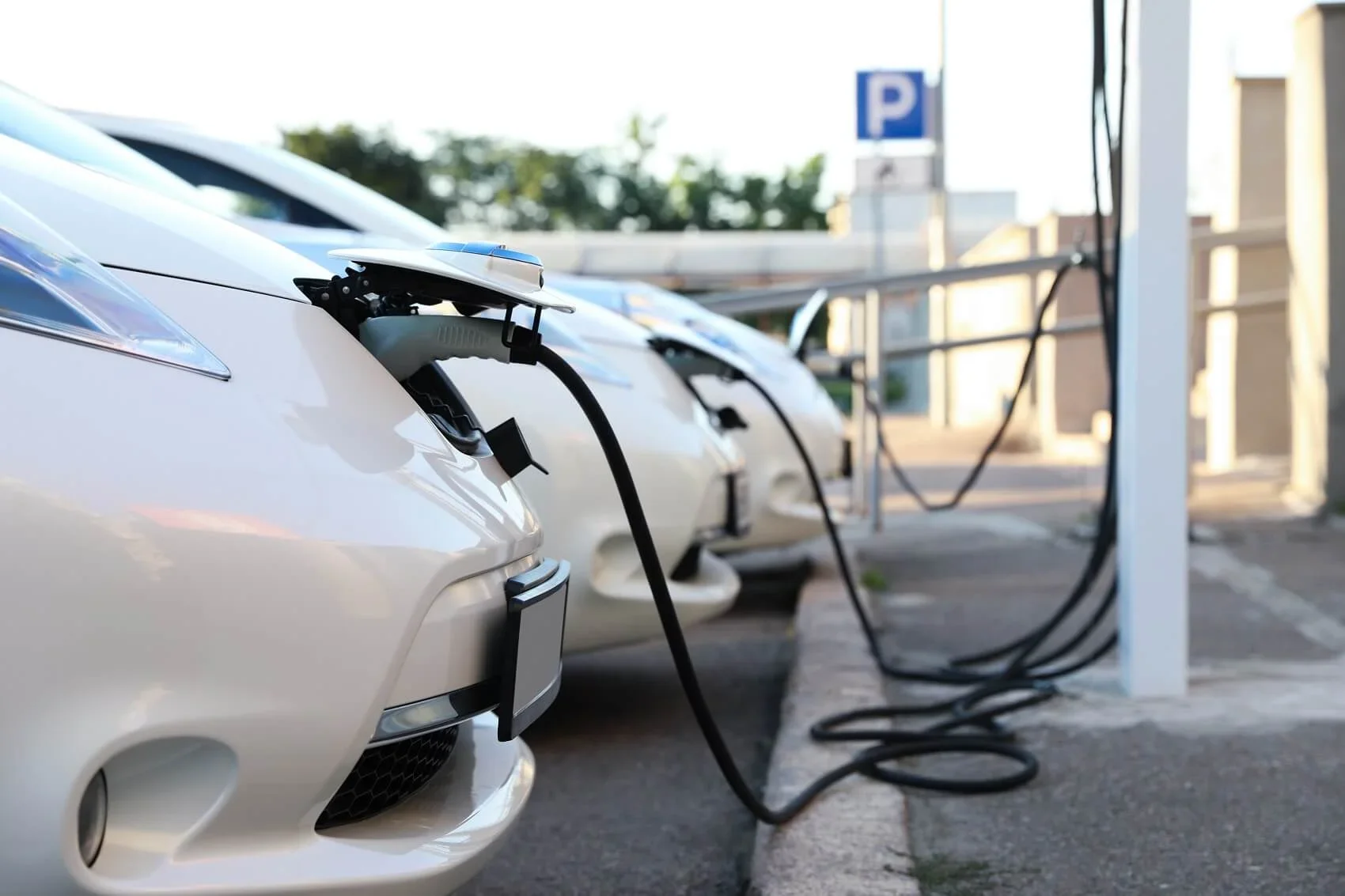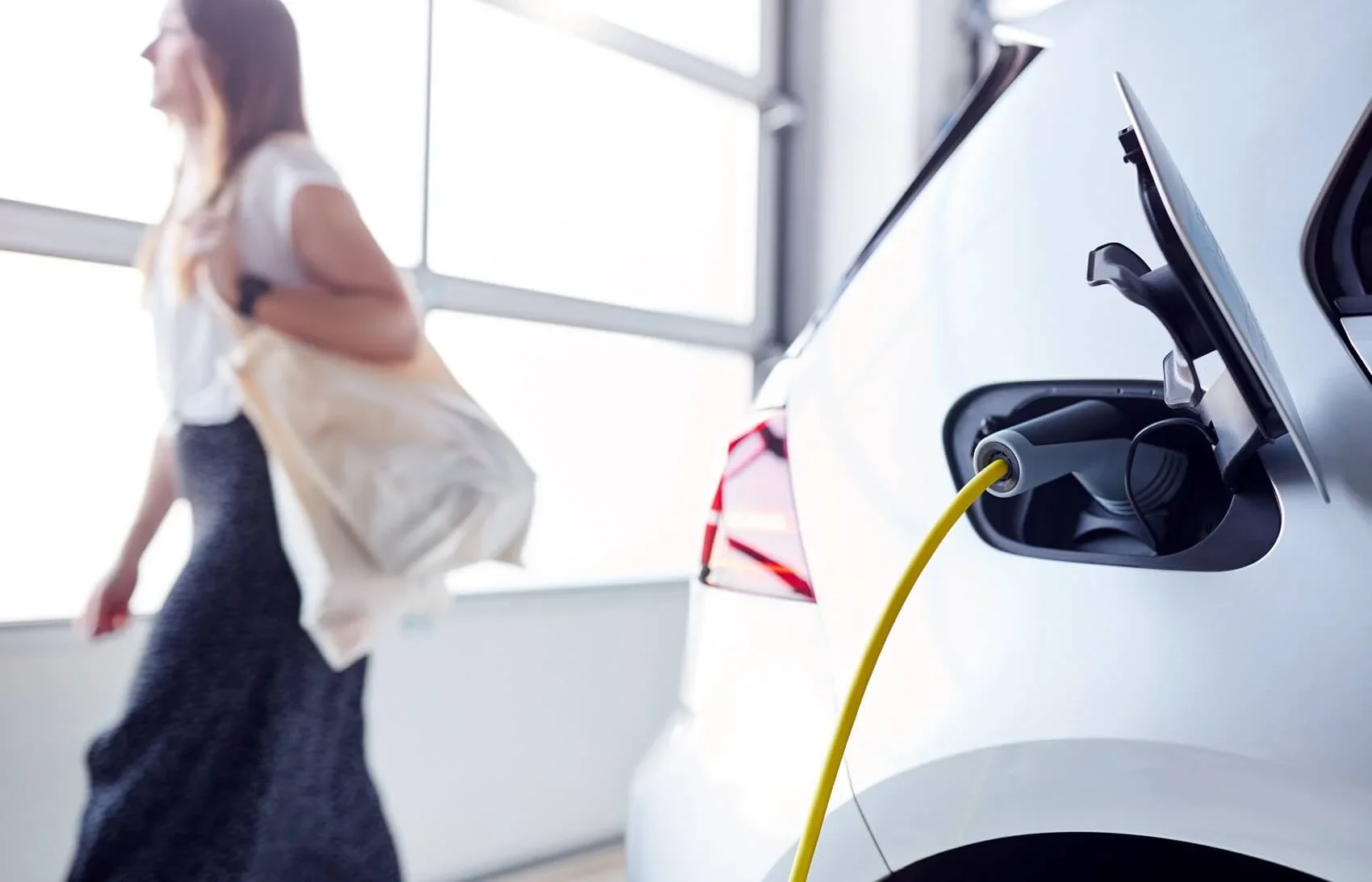As the adoption of electric vehicles (EVs) continues to surge, it's natural to question their capabilities, advantages, and how they fit into your lifestyle as a driver near Boerne, San Antonio, and Kerrville, TX.
In this Electric Vehicles FAQ series, our experts at Vic Vaughan Toyota of Boerne address common queries about EV performance, charging infrastructure, cost savings, and more. This will provide you with the information you need to make informed decisions and explore the world of electric mobility.
When it comes to electric vehicles, there is a diverse range of options to choose from, each offering unique characteristics and advantages.
EVs feature a significantly larger battery, with capacities reaching up to 100 kWh, particularly in pickups. This category represents the future of automobiles, with continually increasing ranges and improving performance year after year. EVs operate solely on electric power, producing zero emissions. EVs are the preferred choice for both manufacturers and consumers who seek sustainable and high-performance transportation solutions.
Hybrids feature a small battery with a capacity of one to two kilowatt-hours (kWh) that can propel the vehicle for a short distance on battery power. The battery primarily assists a small electric motor for added acceleration, reducing the reliance on a conventional gasoline engine.
Hybrids are known for regenerating energy during braking or downhill driving, enhancing fuel efficiency, and achieving impressive mileage, such as the Toyota Prius. As they still work primarily on gasoline engines, hybrids do not qualify for tax credits.
Plug-in hybrid electric vehicles (PHEVs) come equipped with a larger battery, typically ranging from 5 to 20 kWh, allowing them to travel up to 50 miles on electric power alone. Beyond this range, they switch to conventional gas-electric hybrid operation. Like hybrids, PHEVs use an electric motor to boost acceleration, making them suitable for short commutes. As the electric motor aids in fuel efficiency and extends range, PHEVs reduce the frequency of refueling stops.
Fuel cell electric vehicle (FCEVs) are made by a select group of automakers. This type of vehicle uses pressurized hydrogen combined with oxygen to generate electricity that powers an electric motor. FCEVs are particularly promising for long-haul trucks and larger passenger cars or SUVs.

The speed at which your EV charges depend on the charging level you are using. Level One chargers usually take between 22 to 40 hours to fully charge a standard battery electric vehicle. These chargers are the standard 110-volt chargers you can find at home.
Level Two chargers are the most common type used in public charging stations, and they can also be installed at home for faster charging. Usually, an hour of charging can provide up to 75 miles of range, depending on the vehicle.
Lastly, Level Three chargers can fully charge a standard electric car in 20 minutes. These chargers are often found near highways for longer journeys.
Yes, you can charge your electric vehicle using a standard 110-volt charger. This type of charger is often referred to as Level One charging. A standard 110-volt charger typically provides a charging rate of around two to five miles of range per hour of charging, depending on the specific EV model.
This means that if you have a relatively small battery and just need to top it off overnight, Level One charging can be sufficient. It's convenient for charging at home using a standard household electrical outlet, and no special charging equipment is required.

The electric vehicle (EV) range refers to the distance an electric car can travel on a single charge of its battery. This factor determines their ability to complete daily commutes, run errands, and plan longer trips without needing to recharge.
Yes, electric vehicles work for long trips when you use the more than 30,000 public charging stations available all over the country. However, the distance you can drive before having to charge your vehicle depends on the range your specific model offers. It is also advisable to plan the route you are taking and mark the public charging stations, including the ones with fast charging.
First and foremost, EVs are incredibly eco-friendly, reducing emissions and contributing to cleaner and healthier communities without sacrificing performance. Additionally, electric cars are remarkably efficient, with lower operating costs compared to traditional gasoline-powered vehicles. Electricity is also generally cheaper than gasoline. Plus, EVs require less maintenance due to fewer moving parts, resulting in long-term savings. Electrical vehicles often qualify for tax incentives.
If these electric vehicles FAQs left you eager to learn more about EVs, our team of experts at Vic Vaughan Toyota of Boerne, near Boerne, San Antonio, and Kerrville, Texas, is ready to answer all your questions, as well as walk you through our inventory of Toyota EVs. Contact us today and discover the future of driving.


